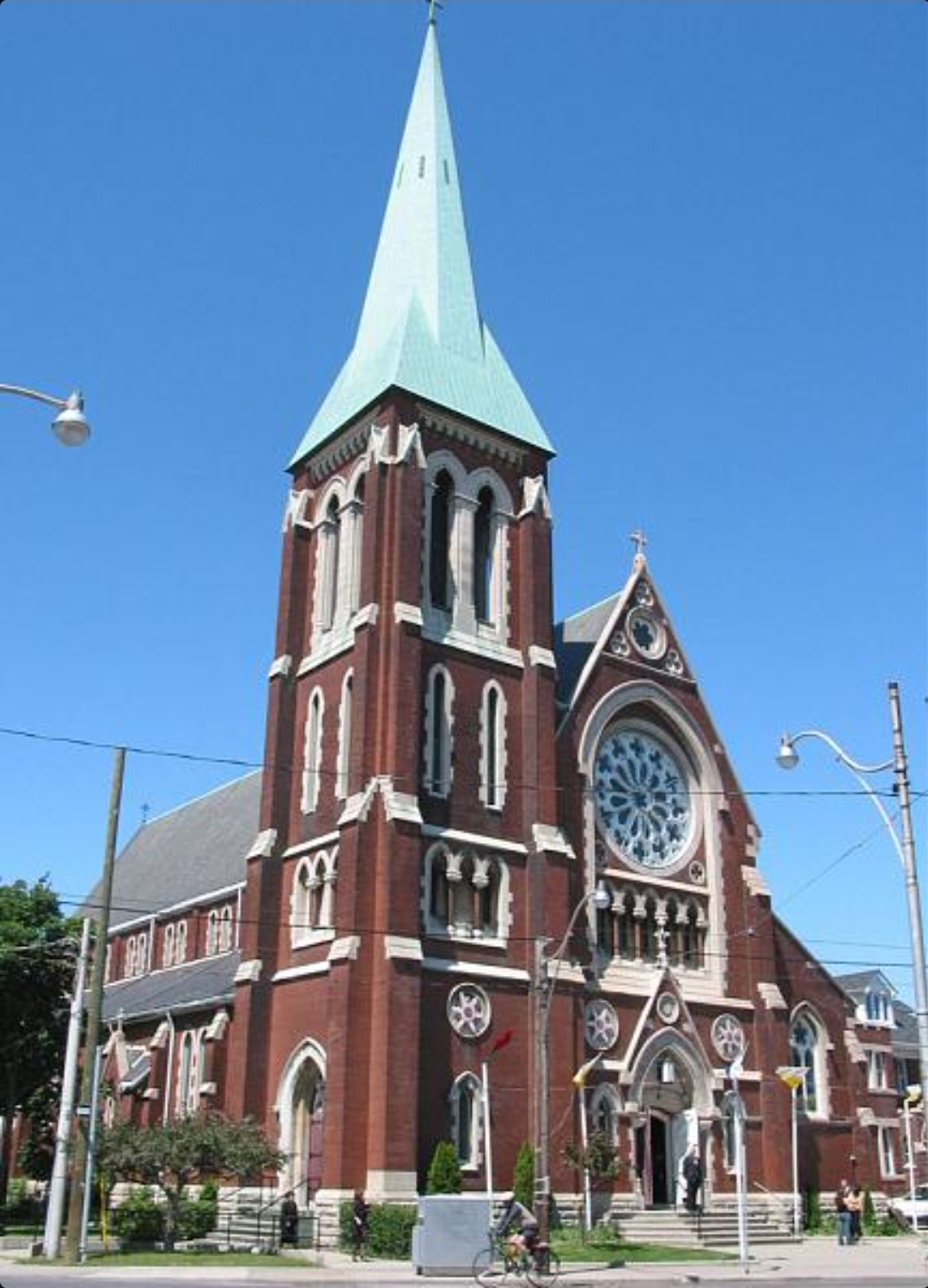
Confirmation
Confirmation is an essential part of Christian Initiation. In Confirmation the bishop seals us, the baptized, with the Gift of the Holy Spirit. This sacrament is intended to:
root us more deeply as sons and daughters of God,
incorporate us more firmly into Christ,
strengthen our bond with the Church,
associate us more closely with the mission of the Church, and
strengthen us to bear witness to the Christian faith.
Frequently Asked Questions
1. Why must I take part in a parish-based programme when I am attending a Catholic School?
The Catholic schools assist the parents and the parish with what is called "initial preparation" for the sacraments. Initial preparation deals primarily with content: What do we believe as Catholics?
"Immediate preparation," which takes place shortly before a sacrament is celebrated, is the responsibility of the parents and the parish. Immediate preparation leads the candidates to look at their relationship with God and with the Church.
2. What is a sponsor?
If possible the person to be confirmed is to have a sponsor. The sponsor is a model of faith for the candidate and must be a fully initiated, practising Catholic in good standing under church laws and normally at least 16 years of age. It is desirable that the sponsor chosen be a godparent who undertook the role at Baptism.
3. Why must I submit a Baptism certificate?
Only someone who is baptised Roman Catholic or who has been received into the Roman Catholic Church may celebrate the Sacrament of Confirmation. The parish is responsible for verifying this by collecting Baptism Certificates or Certificates of Reception from those presenting themselves as candidates.
4. I was baptised in an Eastern Rite Church, so I was confirmed at the same time. Can I be confirmed again?
Confirmation may be celebrated only once. However, the Ukrainian Eparchial Bishop expects Grade 7 students who are already confirmed to take part in the preparation programme at school and in the parish to deepen their understanding of their faith. During the Confirmation Mass, they will be called forward to receive a blessing. Any Grade 7 student who is already confirmed is encouraged to participate in the programme.
5. How are the small groups formed for the Confirmation preparation?
The facilitators (small group leaders) and the candidates are all asked to indicate when they are available to meet. Groups will be assigned on the basis of your stated availability.
6. What happens if I miss one of my sessions?
Enrolling in the Confirmation programme means commitment to taking part in all aspects of the preparation: Rite of Enrolment, all sessions, retreat. If you are sick or have some other serious conflict, contact the coordinator of the programme to arrange to make up the session. Candidates who fail to participate without a valid reason may be required to withdraw from the programme and delay Confirmation till another time.
7. What do I do if I decide (during or after the preparation) not to be confirmed?
If you decide that this is not the time for you to celebrate the Sacrament of Confirmation, you are asked to contact the coordinator. We will respect your decision, and encourage you to consider being confirmed when the time is right for you.
8. Why does the parish need the address of the church where I was Baptised?
After you have been confirmed, we record the details in our parish Confirmation register. We are also required to send a notice to the parish in which you were baptised (no matter where in the world that parish is located) and they, too, enter your Confirmation in their records. We can only do this when you provide a complete mailing address for the church.
9. Will candidates be making a stole to wear during Confirmation?
A stole is the sign that someone has been ordained as a deacon, priest or bishop. It is not, therefore, appropriate for Confirmation candidates to wear a stole.
Resources
To learn more about Confirmation, these resources may help:
-
Video: Fr. Robert Barron: Reflections on the Sacrament of Confirmation
-
Catechism of the Catholic Church: 1285-1321.
-
Compendium of the Catechism of the Catholic Church: Confirmation: 265-270.
-
The Code of Canon Law: 897-958.
